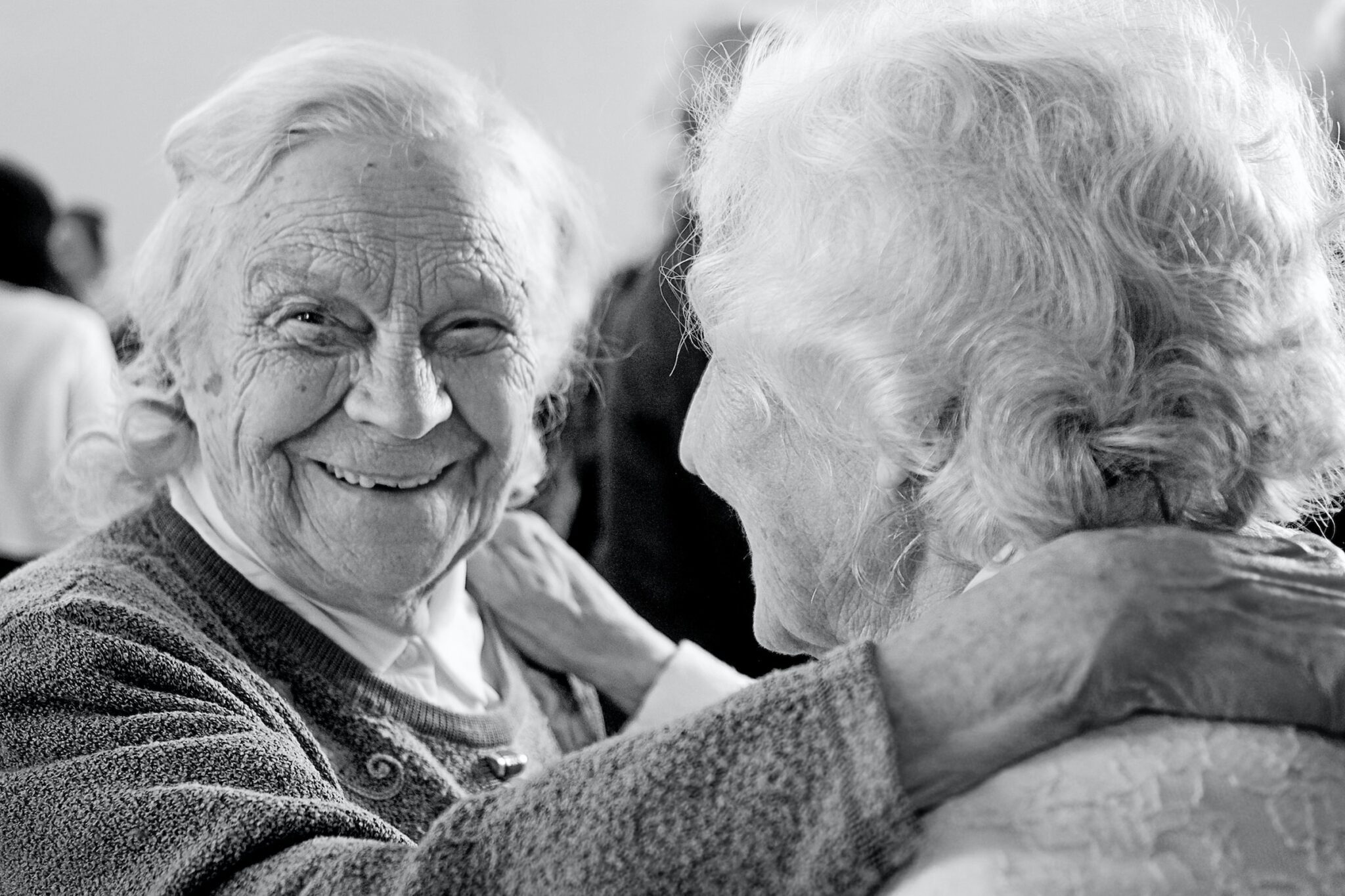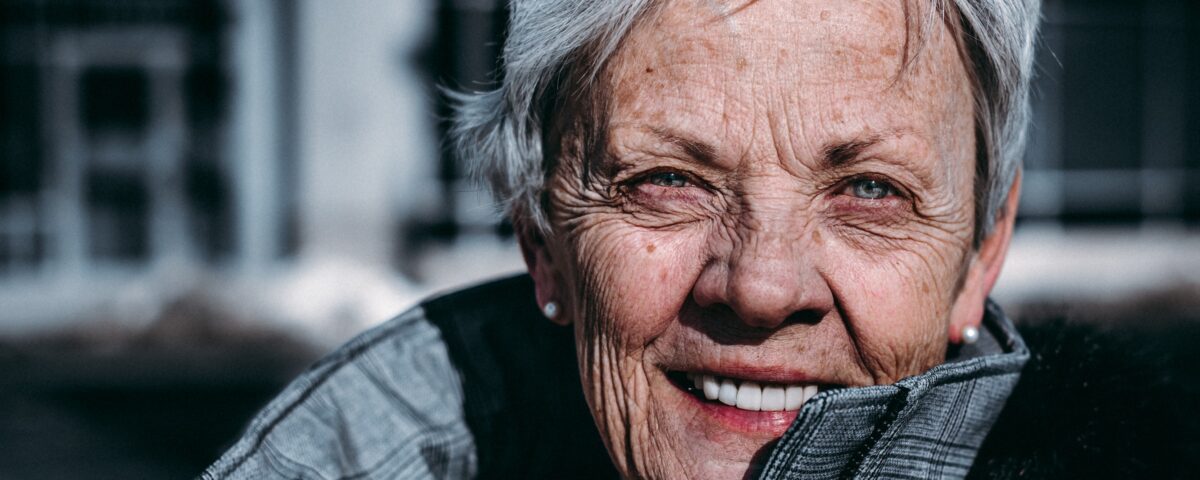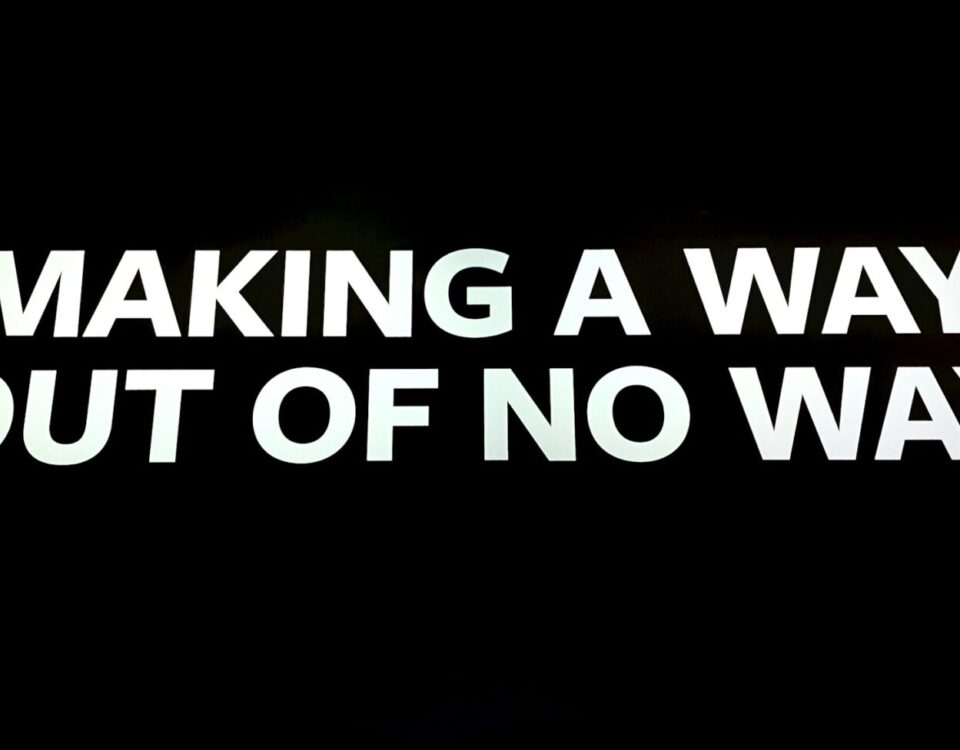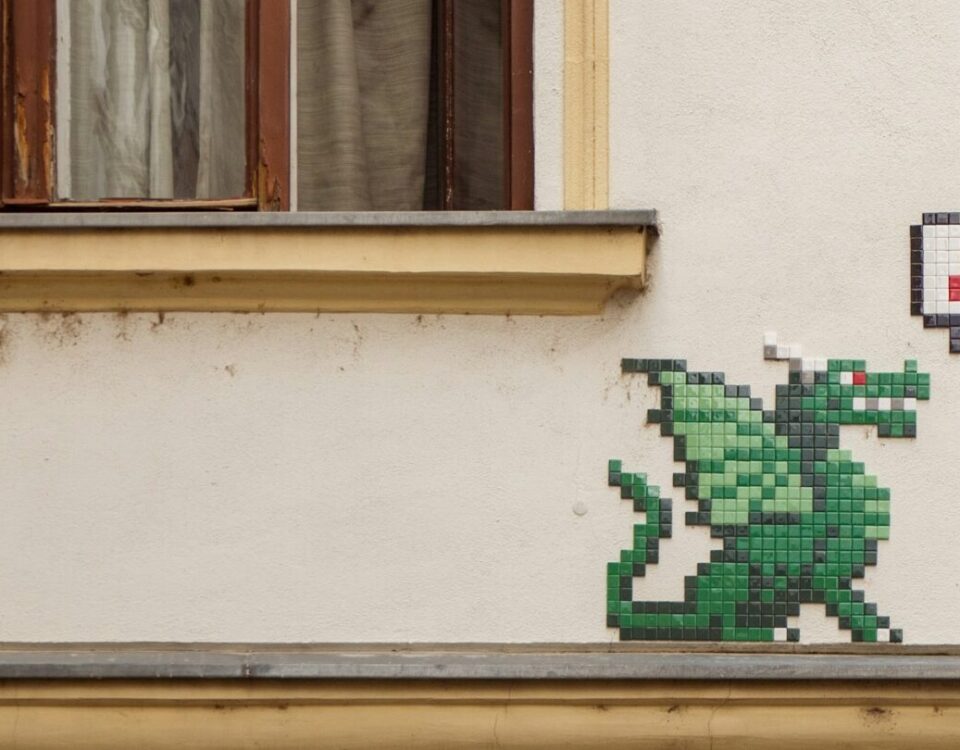
Aging as Transition
April 26, 2023
Diagnosis as Transition
May 10, 2023This post is the sixth in the series: Transitions. Other posts reflect on the transitions of spring, graduation, parenting, career, and aging.
The Older You Get the More You are Yourself (for Better or Worse).
You are clearer about who you are and what you believe, while still knowing you have a lot to learn. This impacts relationships in that they can be more genuine when you are no longer trying to make people like you. This is where I am more patient – I appreciate people who are rough around the edges but are learning and growing. And I am less patient – for people who are defensive, mean or fake. Knowing oneself can allow you to see people as they are rather than as a reflection of who you are.
Understanding the Older Generation
Where were you on 9/11? Life shifted that day. COVID is still producing the same kind of global shift. Some things will never be the same. Now that I have had my experiences with global events, I have a better understanding of my parents’ stories about the day JFK was shot or Pearl Harbor. Seeing history in the making creates a deeper understanding that life was different, in a tangible way, before certain events. Now when someone older starts a story with “before X happened,” I have a deeper understanding about the ways the world changes. Often, they are trying to describe a way of life that no longer exists.
Friendships Can be Measured in Decades
Trusting in the longevity of friendship changes relationships both with those long-term friends and the new ones that come along. It is easier to see that friendships have their own lifespan that you don’t entirely control. Circumstances dictate who we meet and then all sorts of things have to go right for an acquaintance to turn into a friend. Friend networks become larger, more loosely connected as people move and life circumstances create change. Knowing that the connection we call friendship is not 100% in our control allows me to feel easier about nurturing relationships as I can and not feeling the need to measure them by any outside standard.
Relationships Change as Your Role Changes
As children become adults parents can move out of the “parent zone.” As a parent my “zone of responsibility” wrapped around myself and my kids no matter where they were. Their friends often slipped into this zone. It became a habit to monitor the needs and mood of everyone in my vicinity. One time out to dinner with a bunch of moms one woman absently reached over and started to cut up the food on the plate to her right. Her friend was laughing so hard she couldn’t get the breath to tell her to stop. Someone else at the table had to point out that we could all manage our own meals.
Getting older is a process of changing perspective. I am old enough to know that my thoughts on this topic are likely to change. Will I still enjoy friendships with people of all ages? What will I think is most valuable in my relationships? We are a social species and as such how we relate to others plays a large part in our well-being and day-to-day life. How do you see relationships changing as your age and role change over time? Share your thoughts on facebook, LinkedIn, or shoot me an email at resilience@learnmodelteach.com.
Peace,
Laura




